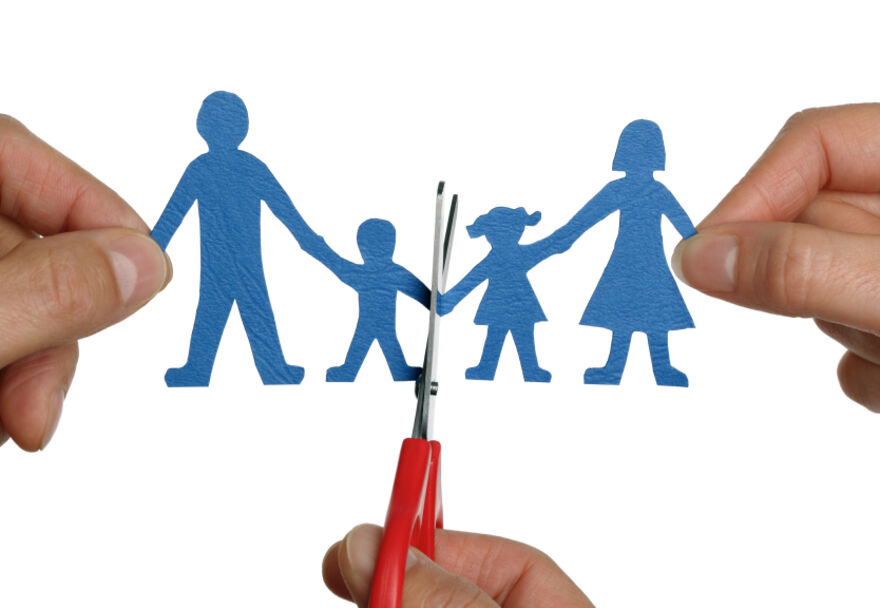Allegations of a separated parent influencing a child to turn against their other parent are not uncommon. Taken at its most extreme, this is a concept which has been labelled as parental alienation and it can have a detrimental effect on a child’s emotional wellbeing and development.
Professionals working with families have been aware of this concept for some time, but it is only recently that specific measures have been put in place in order to try to combat parental alienation. The focus is, of course, on protecting the emotional wellbeing of the child and educating the alienating parent as to the potential consequences of their behaviour.
There is no one definition of parental alienation, however, it is generally agreed amongst professionals that the behaviour must extend beyond that of simply having a negative attitude towards the other parent.
Examples of alienating behaviour can include a combination of the following behaviours in a mild to severe form: forbidding discussion about the other parent; limiting contact; telling the child that the other parent doesn’t want to see them; forcing the child to reject or resist the other parent; making the child believe that the other parent does not love them; or negatively influencing the child’s opinion of the other parent, for example by telling them lies or embellishing the truth. The intention of the behaviour is to persuade the child to permanently exclude the other parent from their lives and the child is effectively coached into believing that the other parent should be excluded.
CAFCASS, the Children and Family Court Advisory and Support Service, has recently identified a new framework to try and identify cases of parental alienation - the High Conflict Practice Pathway. This pathway has been designed to systematically assess cases which feature adult behaviours associated with high conflict, which includes parental alienation.
Initially, CAFCASS will work with parents displaying this behaviour to try to change their behaviour and understand the damage that it can do to their child. If this is not successful, then their recommendations can be to limit the contact between the alienating parent, or even change who the child lives with.
Often, when parents separate there is conflict about arrangements or parenting. Despite this, it is important to remember that the best needs of the child are usually most effectively served by the child having both parents play a positive and active role in their upbringing, unless there are significant (and genuine) safeguarding concerns.
Although many believe it would be easier to parent alone, the bond that a child has with their parents is an important one and the damage caused by growing up without a parent who would otherwise have played an active and significant part of their life can be extreme and hinder them long term. The lasting damage can include, but will by no means be limited to, affecting their emotional, psychological and social development, including affecting their ability to trust or sustain long-lasting relationships themselves.
If you are a parent who is struggling to find common ground with your ex following a separation, then it is important to seek advice about the steps that you can take to help matters improve. This doesn’t necessarily mean going to Court, it may simply mean clarifying arrangements or making agreements about rules and boundaries to ensure consistency for the children. Direct communication can be difficult and the intervention of a Solicitor or mediator may help you both to take a step back and look at matters from a fresh perspective. It may also help to identify other potential areas of future conflict and to negotiate agreement surrounding these issues before they arise. Regardless of your differences, the best interests of your child must be at the heart of discussions and this is the approach the Court will take should matters progress that far.
To see how Howes Percival can help in this instance visit our Family Law page or contact a member of our expert Family Law team.

